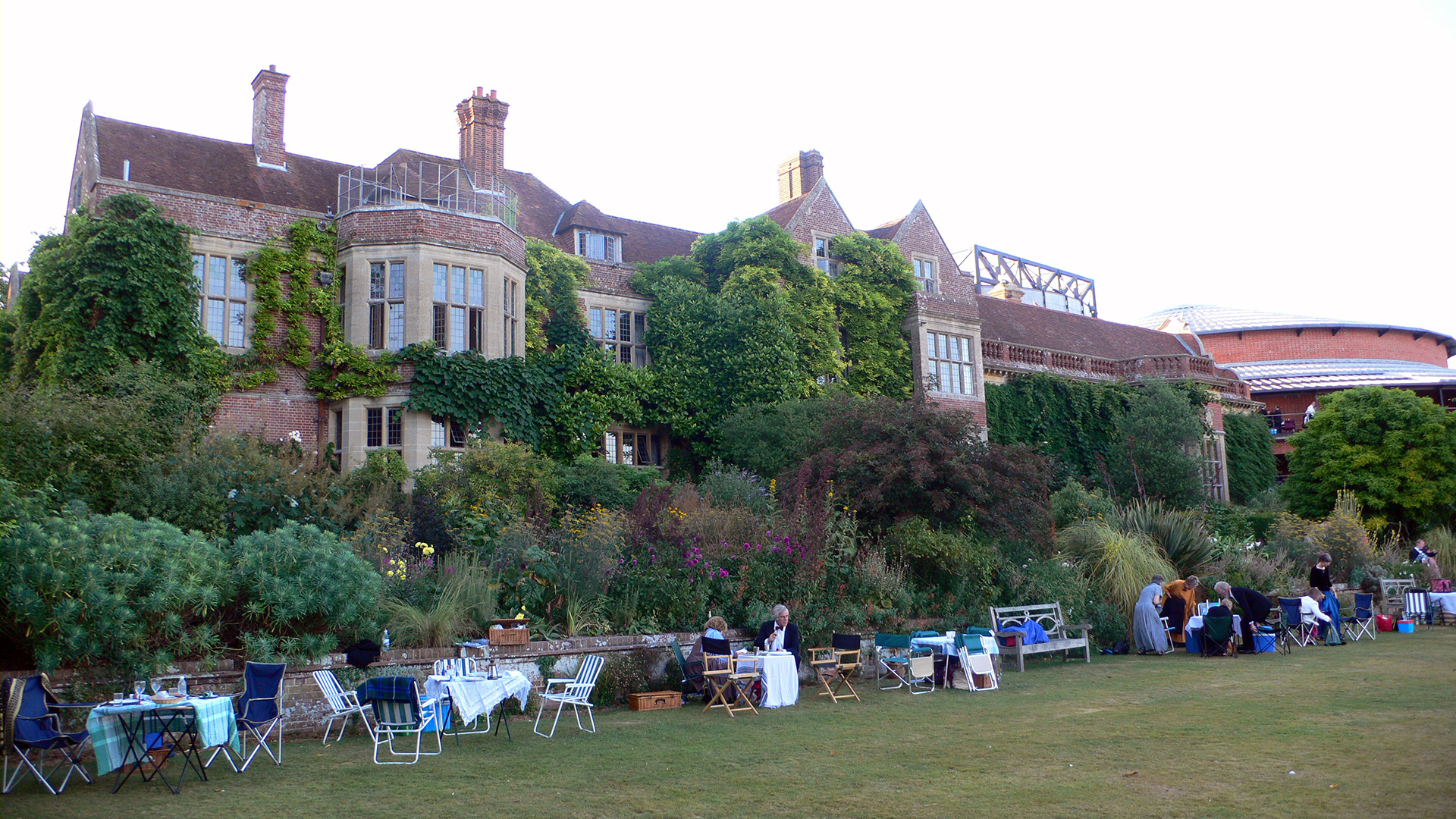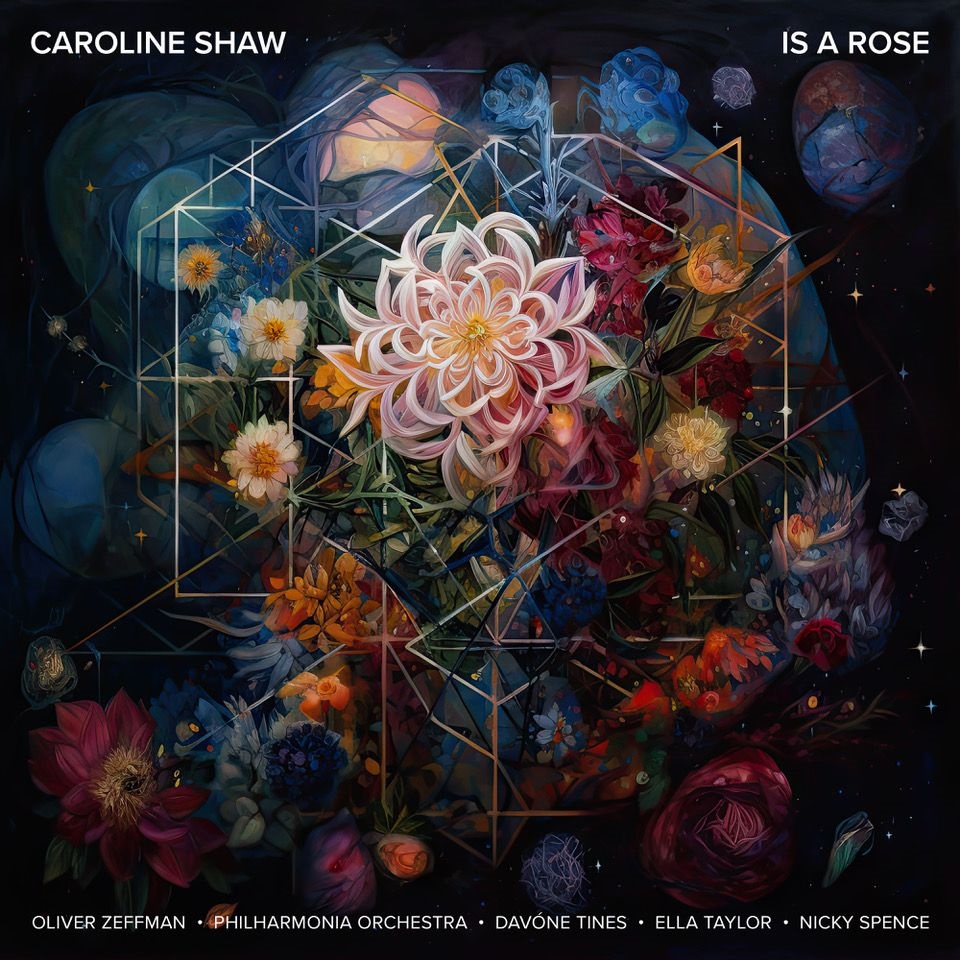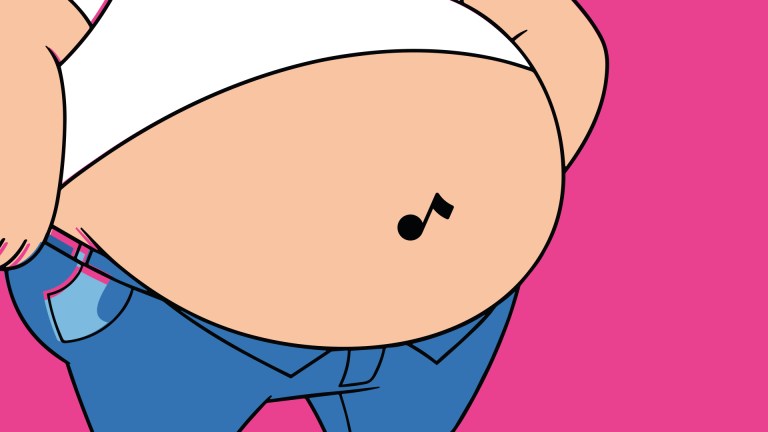Opera is not averse to bizarre special effects – jugglers in ENO’s production of Akhnaten; singers writhing in potting soil throughout The World’s Wife at the Barbican – but when a confetti gun was fired during a recent performance of Poulenc’s Dialogues des Carmélites at Glyndebourne it took both audience and staff by surprise. As a klaxon sounded, three people sitting near the front of the stage rose to their feet; one held aloft a sign saying ‘Just Stop Oil’. The Sussex summer opera festival is one of several high-profile events to attract such activism, following scenes at this year’s RHS Chelsea Flower Show, Wimbledon and the World Snooker Championship.
Among those to break the story was Frank Skinner, the comedian and opera fan who was at the show with his friend Baroness Joan Bakewell. “Along with Wimbledon, going to Glyndebourne is probably the most middle-class thing I’ve done,” he told Absolute Radio listeners. “I’ve been before but this time was a little different.” Skinner sent photographs of the protesters to a contact at The Guardian, where they were published under the comedian’s birth name, Chris Collins. “This was my Peter Parker moment,” said Skinner, referencing Spiderman’s photo journalist alter-ego.
After a short break, the show went on. Why Glyndebourne, though? It probably has greener credentials than any other opera house in the UK. Its on-site wind turbine – unveiled by David Attenborough in 2012 – has generated the equivalent of 102% of electricity used by the company. When lockdown meant that Glyndebourne used less electricity than it would in an average year, the excess was sent to the National Grid to provide energy for the community. The sudden cancellation of rehearsals in March 2020 also left Glyndebourne with an excess of food that had been bought in for staff, which was distributed via sharing app Olio. There are efforts to make productions more sustainable, such as using second-hand only items, and other pioneering projects. I applaud any efforts to draw attention to the climate crisis – but let’s not shoot ourselves in the foot…
- English National Opera cuts speak of a deeper problem
- A new wave of contemporary and accessible opera is hitting all the high notes
- Just Stop Oil: Everything you need to know about the fossil fuel protest group
In the beginning, there was a conical horn, a stylus and wax disc. From these earliest recording devices came the phonograph, gramophone and record players, followed by tape, compact disc and digital formats. Mono sound – recording captured (and subsequently reproduced) through a single channel was replaced by stereo, the use of microphones on left and right, recreated through speakers. If the left ear of your Walkman headphones wasn’t working, you’d only hear half the recording. (A nostalgia trip sometimes gifted to me by my 1995 car, which has a temperamental tape deck.)
While various surround-sound type headphone technology has been popular in gaming for years, it’s now starting to see wider application through Apple Classical, the latest streaming channel. Apple’s spatial audio system, often used for in-house releases via Platoon (see below) makes it feel as though you are inside the orchestra, without needing fancy equipment.
But if you really want to feel close to an orchestra, nothing beats hearing one in real life. The BBC Proms provides a rare opportunity to hear the world’s best ensembles at London’s Royal Albert Hall and elsewhere for £8. This year’s highlights include the City of Birmingham Symphony Orchestra playing Orff’s Carmina burana (27 July), Budapest Festival Orchestra for Mendelssohn’s ‘Scottish’ symphony (Prom 37: 12 August) and the London Symphony Orchestra doing Mahler’s Ninth (Prom 56: 27 August). There’s also a semi-staged performance from the Glyndebourne Festival Opera and London Philharmonic Orchestra reprising Poulenc’s Dialogues des Carmélites (Prom 31: 7 August) – hopefully minus the klaxons and glitter cannon.







